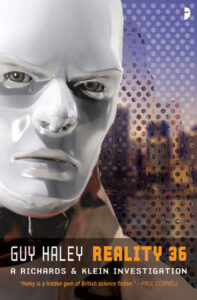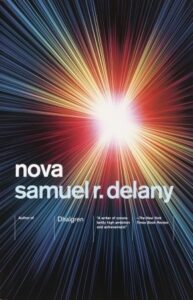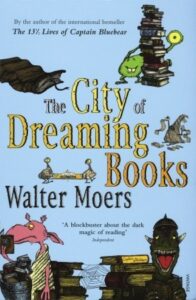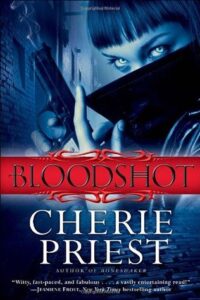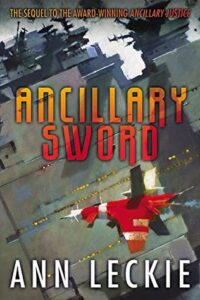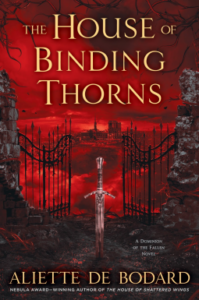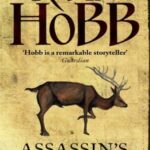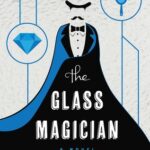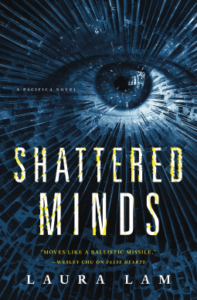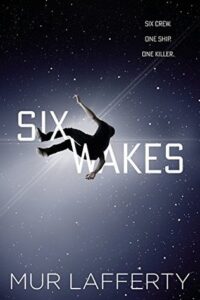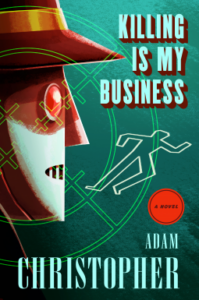 Killing Is My Business, Adam Christopher
Killing Is My Business, Adam Christopher
Received to review via Netgalley; publication date 25th July 2017
I’ve enjoyed the other books and stories in this series a lot, and this is no exception. Take a Raymond Chandler-esque world, and apply one robot trained as a PI who has been somewhat repurposed as an assassin. Add the complication that he runs on limited tapes of memory — 24 hours at a time, no more storage than that. Add his AI handler, Ada, who very clearly has her own agenda — one which doesn’t always align with what their creators envisioned for them.
And, in this book, add the mafia.
I started it when I couldn’t sleep, and finished it an hour and a half later, without stopping once. Adam Christopher writes crisply, precisely; there’s no dead patches where you feel like you can put the book down, because if you did, well; something interesting might happen while you aren’t looking. I love the way Christopher uses Ray’s limitations to create parts of the mystery. This isn’t just a book with a detective/assassin who happens to be a robot; the fact that Ray’s a robot is vital to the whole thing.
Raymond Chandler’s probably rolling in his grave at the comparison, given he had no great opinion of sci-fi, but I’m not going to worry too much about giving him an unquiet rest.

